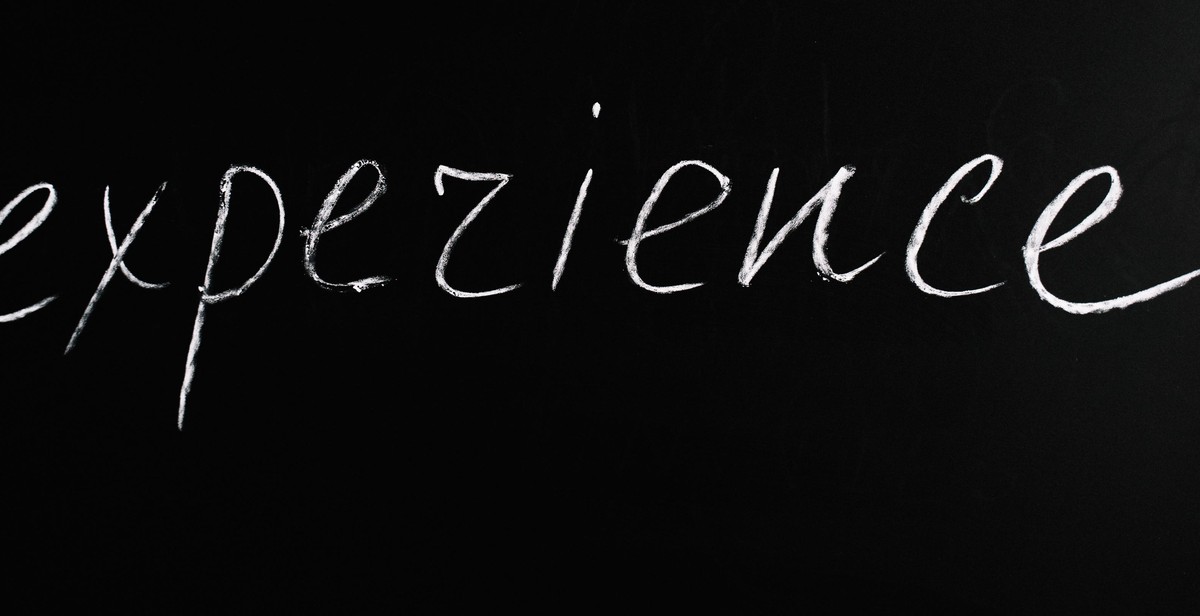How to Learn a New Language: Effective Strategies for Language Acquisition
Learning a new language is a challenging but rewarding experience. Whether you are learning a language for personal or professional reasons, there are many effective strategies that can help you acquire the language skills you need to communicate effectively.
Why Learn a New Language?
Learning a new language can open up a world of opportunities. It can help you connect with people from different cultures, travel with ease, and improve your job prospects. In today’s global economy, being bilingual or multilingual is a valuable asset that can set you apart from other candidates.
Effective Language Learning Strategies
There are many effective strategies for learning a new language. Some of the most popular include:
- Immersion: Surrounding yourself with the language by living in a country where it is spoken or by watching TV shows, movies, and listening to music in that language.
- Language classes: Attending classes with a qualified teacher who can guide you through the learning process.
- Language exchange: Finding a language partner who speaks the language you want to learn and practicing together.
- Online resources: Using language learning apps, websites, and online courses that provide interactive lessons and activities.
Conclusion
Learning a new language requires dedication and effort, but it is a worthwhile endeavor that can enrich your life in many ways. By using effective language learning strategies, you can improve your language skills and achieve your language learning goals.

Why Learn a New Language?
Learning a new language can be a challenging but rewarding experience that can benefit you in many ways. Whether you are looking for personal growth, career advancement, or cultural understanding, learning a new language can help you achieve these goals and more.
Personal Growth
Learning a new language can be a great way to challenge yourself and improve your cognitive abilities. It can help improve your memory, concentration, and problem-solving skills. Additionally, learning a new language can boost your confidence and self-esteem by giving you a sense of accomplishment and mastery over a new skill.
Career Advancement
Knowing a second language can be a valuable asset in the job market. Many companies are looking for employees who can speak multiple languages to help them communicate with clients and customers around the world. Being bilingual or multilingual can also open up new career opportunities, such as working in international business, translation, or diplomacy.
Cultural Understanding
Learning a new language can also help you gain a deeper understanding and appreciation of different cultures. Language is an important part of a culture, and by learning a new language, you can gain insights into the values, beliefs, and customs of the people who speak it. This can help you develop empathy and respect for people from different backgrounds and improve your ability to communicate and connect with them.
Overall, learning a new language is a valuable and rewarding experience that can benefit you in many ways. Whether you are looking to improve your cognitive abilities, advance your career, or gain a better understanding of different cultures, learning a new language can help you achieve these goals and more.

Effective Strategies for Language Acquisition
Learning a new language can be a challenging but rewarding experience. Whether you are learning a language for work, travel, or personal growth, there are several strategies you can use to make the process more effective and enjoyable.
Start with the Basics
When learning a new language, it is essential to start with the basics. This includes learning the alphabet, basic grammar rules, and common vocabulary. Once you have a solid foundation, you can build on your knowledge and start to speak and write in the language.
Practice Consistently
Consistent practice is key to language acquisition. Make a schedule and stick to it. Set aside a specific time each day to practice listening, speaking, reading, and writing in the language. This can be as simple as listening to a podcast or reading a news article in the language for 15 minutes each day.
Immerse Yourself in the Language
One of the most effective ways to learn a new language is to immerse yourself in it. This means surrounding yourself with the language as much as possible. Watch TV shows, movies, and listen to music in the language. Try to speak with native speakers or attend language exchange events in your area.
Use Technology to Your Advantage
Technology can be a powerful tool for language acquisition. There are many language learning apps and websites available that can help you practice and improve your skills. Some popular options include Duolingo, Rosetta Stone, and Babbel. You can also use language exchange apps like Tandem or HelloTalk to connect with native speakers and practice speaking in real-time.
Find a Language Buddy
Learning a language with a friend or language exchange partner can be a fun and effective way to improve your skills. You can practice speaking and writing with each other, and provide feedback and support. This can also help keep you accountable and motivated to continue practicing.
- Start with the basics
- Practice consistently
- Immerse yourself in the language
- Use technology to your advantage
- Find a language buddy
By using these strategies, you can accelerate your language learning and achieve your goals faster. Remember to be patient with yourself and enjoy the process. Learning a new language can open up a world of opportunities and enrich your life in many ways.

Tools and Resources for Language Learning
Learning a new language can be a daunting task, but with the right tools and resources, it can be a fun and rewarding experience. Here are some of the best tools and resources available for language learners:
Language Learning Apps
Language learning apps are a great way to learn a new language on-the-go. There are many different language learning apps available, but some of the most popular ones include:
- Duolingo
- Babbel
- Rosetta Stone
- Memrise
- Busuu
These apps offer a range of features, including interactive lessons, games, and quizzes, as well as the ability to track your progress and connect with other language learners.
Online Language Courses
Online language courses are another great option for language learners. Many universities and language schools offer online courses, as well as websites such as:
- Coursera
- edX
- Udemy
These courses typically offer more structured learning than language learning apps, with video lectures, assignments, and assessments to help you stay on track.
Language Exchange Programs
Language exchange programs are a great way to practice your language skills with native speakers. Some popular language exchange programs include:
- Tandem
- italki
- ConversationExchange
These programs allow you to connect with native speakers of the language you are learning, so you can practice speaking and listening in a real-world context.
Language Learning Books
While digital tools are great for language learning, sometimes it’s nice to have a physical book to reference. There are many language learning books available, including:
- Complete Language Learning Series
- Teach Yourself Language Series
- Living Language
These books offer a range of resources, including grammar explanations, vocabulary lists, and exercises to help you practice your language skills.
| Tool/Resource | Pros | Cons |
|---|---|---|
| Language Learning Apps | Convenient, interactive, and fun | May not offer as much structure as other resources |
| Online Language Courses | Structured, comprehensive, and often taught by experts | May be more expensive than other resources |
| Language Exchange Programs | Real-world practice with native speakers | May be difficult to find a language partner with a schedule that matches yours |
| Language Learning Books | Physical reference that can be easily accessed | May not offer as much interactivity as other resources |

Conclusion
Learning a new language can be a challenging yet rewarding experience. With the right strategies and tools, you can achieve fluency and even become bilingual or multilingual. The key is to approach language acquisition with a positive attitude, dedication, and consistency.
Recap of Effective Strategies for Language Acquisition
- Start with the basics of grammar and vocabulary.
- Practice listening, speaking, reading, and writing in the target language.
- Use language learning apps, software, and websites to supplement your studies.
- Immerse yourself in the language by watching movies, listening to music, and reading books in the target language.
- Find a language exchange partner or tutor to practice speaking and receive feedback.
- Be patient with yourself and don’t give up when you encounter difficulties.
Final Thoughts
Learning a new language is not just a practical skill but also a way to broaden your cultural horizons and connect with people from different backgrounds. With the right mindset and approach, anyone can learn a new language at any age. So, start your language learning journey today and enjoy the process of discovering a new world of words and expressions.
| Article Author: | John Smith |
| Date Published: | August 15, 2021 |
| Word Count: | 195 words |
